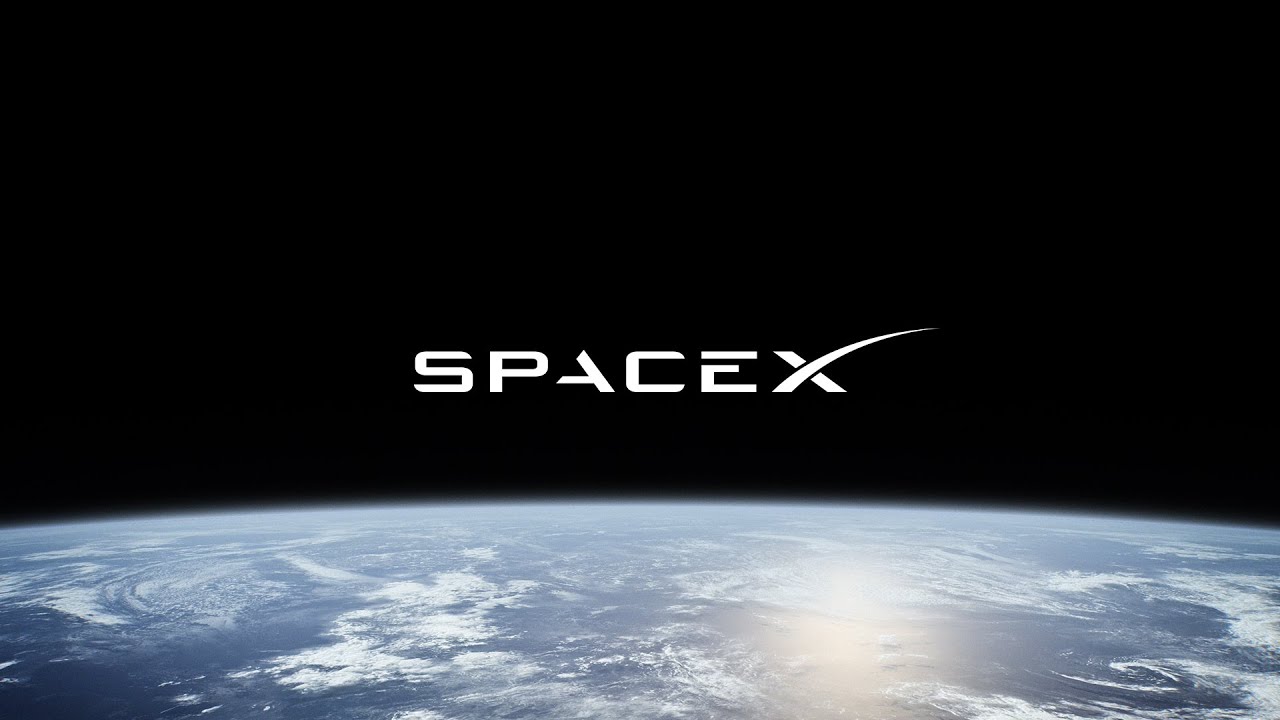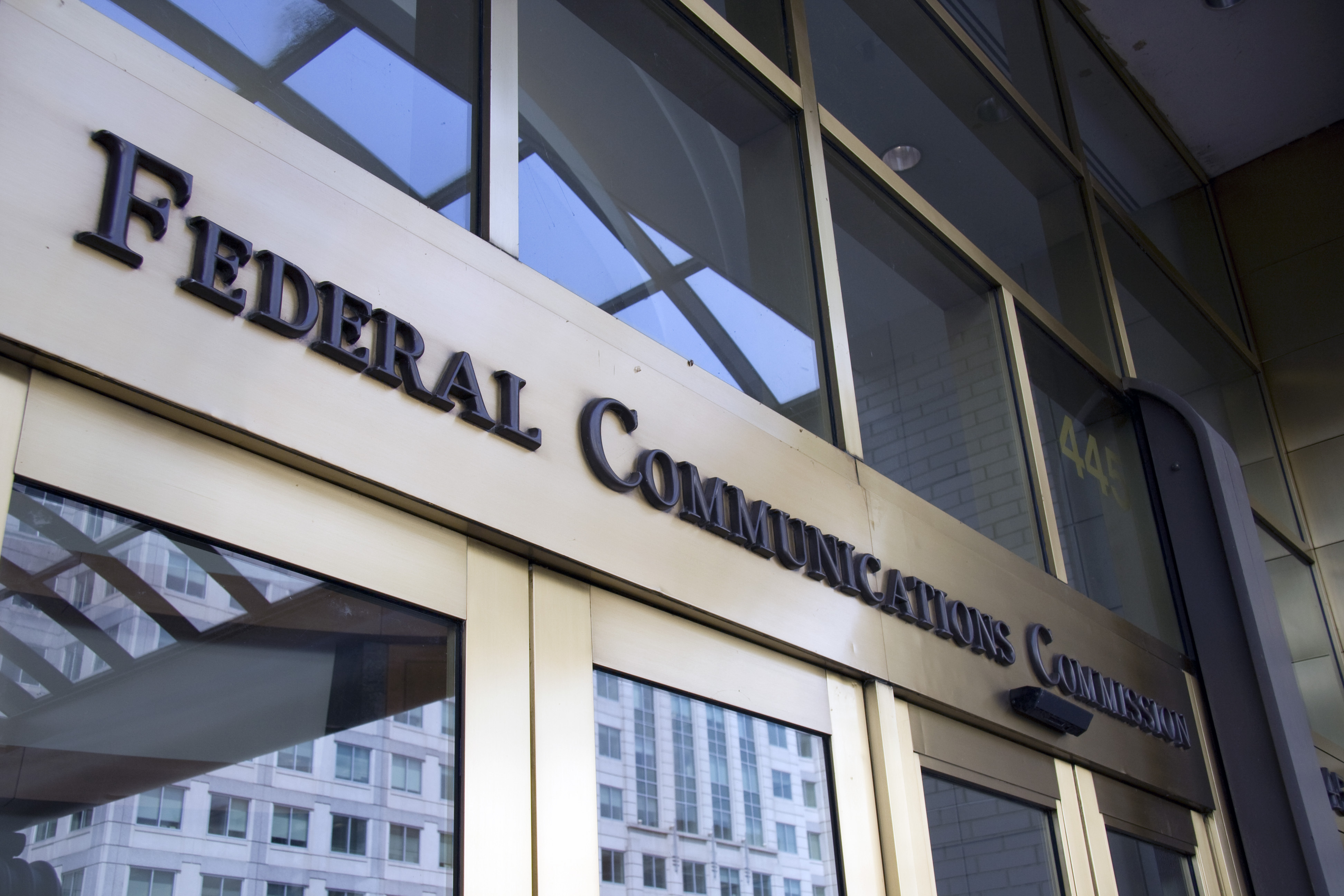Welcome to Tesla Motors Club
Discuss Tesla's Model S, Model 3, Model X, Model Y, Cybertruck, Roadster and More.
Register
Install the app
How to install the app on iOS
You can install our site as a web app on your iOS device by utilizing the Add to Home Screen feature in Safari. Please see this thread for more details on this.
Note: This feature may not be available in some browsers.
-
Want to remove ads? Register an account and login to see fewer ads, and become a Supporting Member to remove almost all ads.
-
Tomorrow at 1PM PDT we will be discussing the latest Tesla Shareholder Meeting on the TMC Podcast. You can watch live on YouTube or X and participate in the chat.
You are using an out of date browser. It may not display this or other websites correctly.
You should upgrade or use an alternative browser.
You should upgrade or use an alternative browser.
Alaska
Canada
Finland
Sweden
Norway
Oh wow. No more northern blackout band. The satellites must have finally reached their operational positions. Although it does seem that far north still has best efforts spotty communications.
That east coast US and part of Ontario, Canada square is now the only place in the world that is bandwidth constrained (other than waiting for government regulatory approval in various countries). Hopefully it will indeed get fixed mid-2023.
Would be nice to switch to residental pricing. Hopefully we won’t need to buy another Dishy (on RV now with residental reservation).That east coast US and part of Ontario, Canada square is now the only place in the world that is bandwidth constrained (other than waiting for government regulatory approval in various countries). Hopefully it will indeed get fixed mid-2023.
Yes, mine went out. Looks global.Gone and back again, 25ish minute outage. Looked widespread.
Yes, mine went out. Looks global.
Possibly this:
Bruce.
Teslarati's take: SpaceX Starlink Gen2 constellation weakened by "partial" FCC grant
The FCC certainly isn't rolling over for SpaceX. Charitably, they are being cautious since mega constellations are brand new. Uncharitably, Amazon is spending lots of money on
Also of interest, Starlink might be cash break even by 2023: SatMagazine
Yet another skeptic comes around. Once again, someone reasoning by analogy ("Other sat companies are failing") runs into the brick wall of poor thinking.
Yet another skeptic comes around. Once again, someone reasoning by analogy ("Other sat companies are failing") runs into the brick wall of poor thinking.
Buckminster
Well-Known Member
Gen 2 ground station...
Is big.
SpaceX Constructing Starlink Gen2 Gateway ‘Megasites’, Shows Filing - TeslaNorth.com
Is big.
SpaceX Constructing Starlink Gen2 Gateway ‘Megasites’, Shows Filing - TeslaNorth.com
Here's the original twitter post with interesting diagrams:Gen 2 ground station...
Is big.
SpaceX Constructing Starlink Gen2 Gateway ‘Megasites’, Shows Filing - TeslaNorth.com
petit_bateau
Active Member
What is also interesting are some crude metrics that can be noted from thatHere's the original twitter post with interesting diagrams:
- 6 sites for ramping a max market of 60 million people
- 32 dishes per site
- site fiber sized at 640 Gbps (yes it may not be using it all yet, but they asked for this for a reason)
mspohr
Well-Known Member
TESLARATI: SpaceX files FCC request to put payloads on satellites for direct-to-cell system with T-Mobile.

 www.teslarati.com
www.teslarati.com
SpaceX will deploy the system on up to 72 satellites per plane and noted this os of the 120 satellites per plane in the amended Gen2 System Orbital Parameters. It will also deploy them on up to a total of 28 planes at 53 and 43-degree inclinations. In total, there will be a range of 80-100 satellites serving the U.S. and its territories.
Once fully deployed, SpaceX will be able to provide full and continuous coverage of the earth within +58 degrees to -58 degrees latitude by the middle of 2024. SpaceX noted that the direct-to-cellular system will use advanced phased array beam-forming and digital process technology onboard each satellite payload.
This will enable the service to efficiently use spectrum resources and provide voice, messaging, and basic web browsing at “theoretical peak speeds of up to either 3.0 Mbps or 7.2 Mbps peak upload.”

SpaceX files FCC request to put payloads on satellites for direct-to-cell system with T-Mobile
SpaceX filed a request with the Federal Communications Commission to put payloads on 2,016 of its satellites for its direct-to-cell system
SpaceX will deploy the system on up to 72 satellites per plane and noted this os of the 120 satellites per plane in the amended Gen2 System Orbital Parameters. It will also deploy them on up to a total of 28 planes at 53 and 43-degree inclinations. In total, there will be a range of 80-100 satellites serving the U.S. and its territories.
Once fully deployed, SpaceX will be able to provide full and continuous coverage of the earth within +58 degrees to -58 degrees latitude by the middle of 2024. SpaceX noted that the direct-to-cellular system will use advanced phased array beam-forming and digital process technology onboard each satellite payload.
This will enable the service to efficiently use spectrum resources and provide voice, messaging, and basic web browsing at “theoretical peak speeds of up to either 3.0 Mbps or 7.2 Mbps peak upload.”

House committee leaders introduce bipartisan bills to update satellite rules - SpaceNews
The top Democrat and Republican on the House Energy and Commerce Committee introduced bipartisan legislation Dec. 8 to reform the Federal Communication Commission’s satellite licensing rules.
A reason (if no one has pointed this before) why we don't get to see Starlink deployments in streams anymore:
I'm guessing the implication is that the Starlink launches include Department of Defense assets (Starshield), so no payload imagery.What is in that page that tells us why we don't see those streams anymore right after launch?
Ars Technica: Space debris expert: Orbits will be lost—and people will die—later this decade Read the whole article to understand the background behind this quote by Moriba Jah, an astrodynamicist at the University of Texas at Austin.
Strong accusation. May well be correct.…Russia blowing up its satellite in this orbit, which clearly has an impact on the United States through Starlink? When you talk to SpaceX, it's very clear that the destruction of this Russian satellite likely had the intent of harmfully interfering with the Starlink satellites. They've already had to maneuver several thousand times out of the way of the debris. It's an impact to their operations. That was not random. That was not haphazard.
Pure speculation time. I'm going to run some numbers based on what we sort of know.I don’t believe Starlink subscription revenue is enough to cover the cost of these launches … yet. Just a guess. I am sure they will get there.
With reuse, and every Starlink launch has been done with a reused booster and a lot of reused fairings. I'd say a Starlink launch with the satellites costs about $30 million each. So this year they have done 33 launches. So the cost is around $1 billion this year. SpaceX had 26 commercial launches as well. Assuming those average out to $100 million each then that is $2.6 billion gross income from launches. They probably made about $500 million from Starlink users. So not too bad but definitely not in the profit making range quite yet.
Last edited:
Similar threads
- Replies
- 32
- Views
- 2K
- Replies
- 21
- Views
- 1K
- Replies
- 17
- Views
- 973


